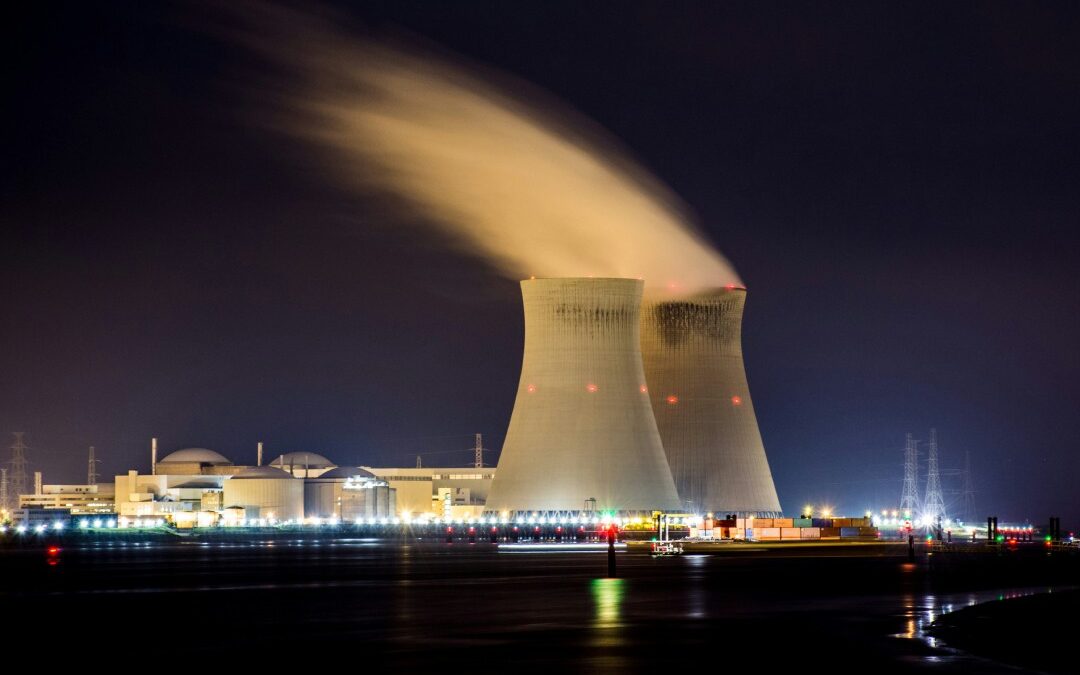FM Announces Policies to Boost Solar and Nuclear Power; EVs and Hybrid Neglected
For promoting women-led development, the budget carries an allocation of more than Rs 3 lakh crore for schemes benefiting women and girls.
In a significant move towards diversifying India’s energy mix, Finance Minister Nirmala Sitharaman announced major initiatives for nuclear energy development in the Union Budget 2024.
1. The government plans to partner with the private sector to set up Bharat Small Reactors and conduct research and development on small modular reactors and newer nuclear technologies. Focusing on small and modular reactors represents a departure from traditional large-scale nuclear plants, potentially offering more flexible and cost-effective nuclear power solutions.
2. The PM Suryaghar Muft Bijli Yojana has been launched to support the installation of rooftop solar panels. This scheme aims to provide free electricity up to 300 units per month for one crore households. The initiative has received a remarkable response from the public, reflecting a strong interest in renewable energy solutions.
3. A new Pump Storage Policy has also been announced to boost the use of pump storage systems. These systems are essential for managing the supply and demand of electricity by storing energy during periods of low demand and releasing it during peak times.
4. Boosting the renewable sector, the government allocated Rs 19,100 crore to the Ministry of New and Renewable Energy, a significant increase from the Rs 12,850 crore allocated in the Interim Budget in February. The revised estimates for the Budget 2023-2024 came at Rs 7,848 crore. The government allocated Rs 8,500.35 crore to solar power (grid), showing a rise of nearly 79% against the revised estimates of the Budget 2023-2024. Overall, the Total-Solar Energy segment received an allocation of Rs 16,394.75 crore in the Union Budget 2024-2025, a substantial increase from the revised estimates of Rs 6,041.56 crore in the Union Budget 2023-2024.
5. The budget also includes plans to set up 800 MW Advanced Ultra Super Critical (AUSC) thermal power plants to improve efficiency in coal-based power generation. These plants will use cutting-edge technology to generate electricity more efficiently and with reduced emissions.
6. A strong focus on developing indigenous energy technology is also evident in the budget. This initiative aims to reduce reliance on foreign technology and build local capabilities in energy production and management.
7. Micro and small industries will receive enhanced support through various energy-related initiatives, helping these industries adopt energy-efficient technologies and reduce their operational costs.
8. For promoting women-led development, the budget carries an allocation of more than Rs 3 lakh crore for schemes benefiting women and girls. The government plans to set up working women’s hostels to boost women’s participation in the workforce.
9. However, the budget did not include any measures for electric and hybrid vehicles. Despite expectations that the Modi 3.0 government might address this sector, no provisions were made. Given the lack of charging infrastructure in the country, proponents of hybrid vehicles argue that they are a solid alternative. Currently taxed at 28 per cent under GST, there was speculation that the tax rate for hybrid vehicles could be reduced to make them more affordable.
Read More
FAME III on the Cards, But Not in Budget

